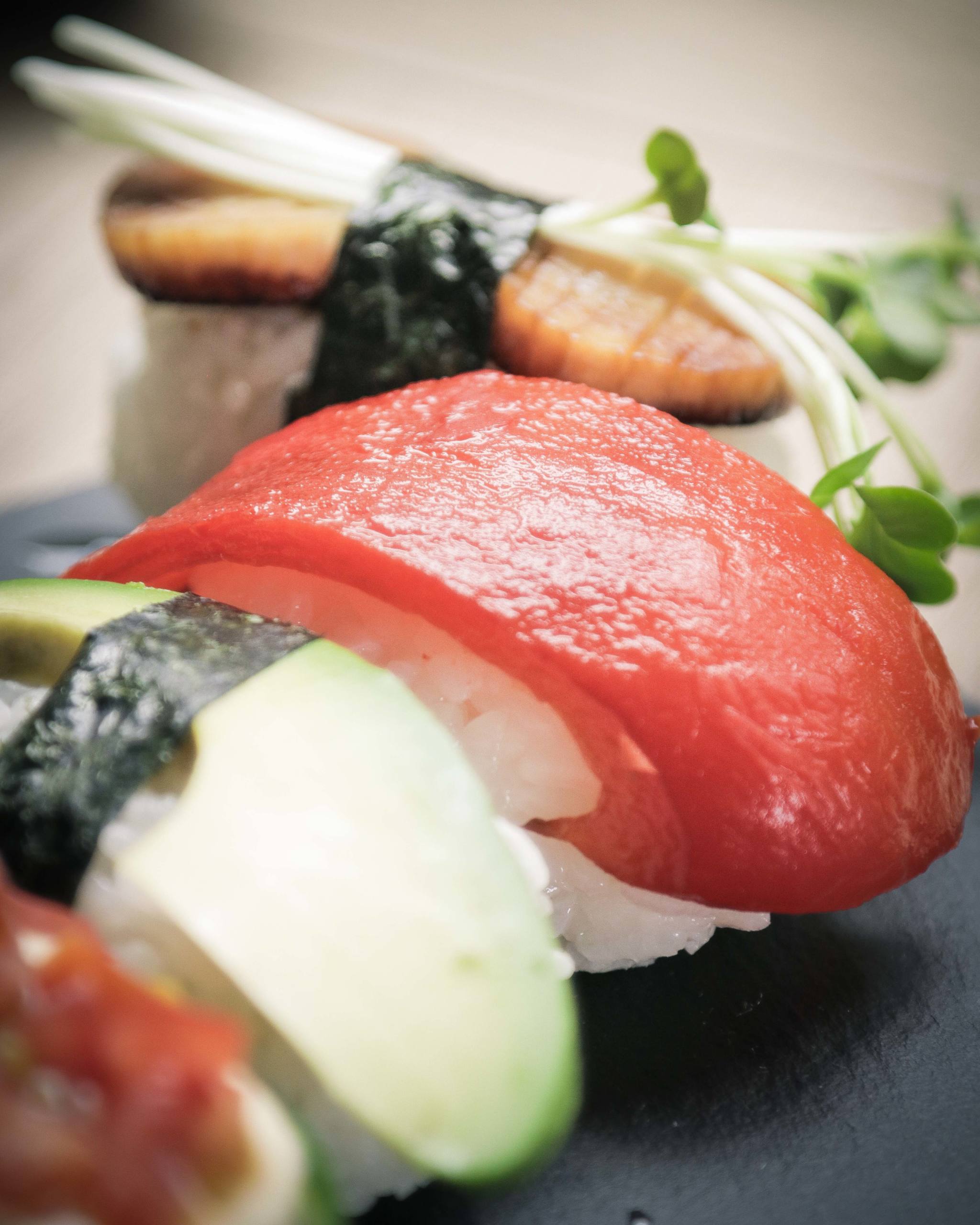
Bentoya ♡ Nigiri Sushi
View this post on Instagram A post shared by Vegan Japanese Cooking Class (@bentoyacooking)
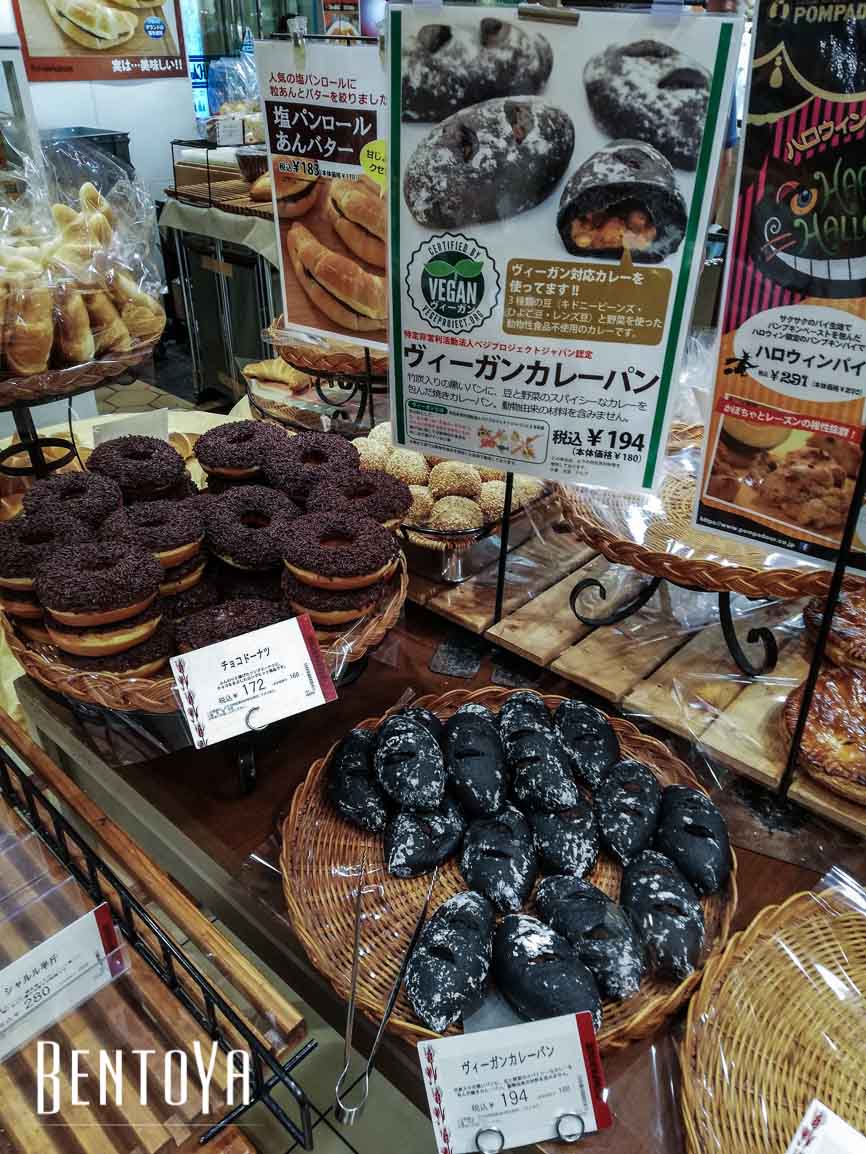
Although most people think that it must be quite easy to be vegan in Japan, it is actually very complicated because meat, fish, dairy and eggs are included in virtually all the Japanese food sold in restaurants, cafes, bars, lunch boxes and so on. And most often, even when it seems that the food is free of any animal-derived product, it is highly likely, if not certain, that fish stock has been used to make the broth or the sauce. In addition, since there are very few vegans in Japan, the market for vegan products is extremely small and does not really exist, and there are no vegan labels like in Europe and in the US.
However, being vegan in Japan would be even harder without the great efforts and achievements of the NPO Vege Project – besides the well-known Happy Cow website and application, which operates worldwide. More precisely, in order to “to create an environment where vegetarian and vegan options are readily available”, Vege Project carries on three main activies: the certification of vegan/vegetarian food products and vegan friendly restaurants; the mapping of Tokyo’s and Kyoto’s vegan friendly shops and restaurants in VegeMap, and the promotion of vegan menus in University cafeterias.
But Vege Projet is not only about certification and mappying: it is also about increasing awareness and persuading groceries, bakeries, restaurants, etc. that it might be profitable for them to offer at least a few vegan options, because this is likely to attract vegan customers. By doing so, Vege Project expands the number of places where vegans can find something to eat, and makes it easier and more comfortable for them to spend time with their friends, colleagues and families (who are unfortunately often quite reluctant to go to vegan restaurants). For example, it is now possible to get a vegan Japanese curry at Coco Ichibanya, a major chain of Japanese curry providing until recently only meat-based curry sauce. The Vege Project stamp, displayed on the packaging of many vegan products, and next to the vegan items in the menu of ordinary restaurants, also saves vegans a great deal of time and energy.
So, congratulations and thank you to the Vege Project team; and if you want to know more:
Vege Project: https://vegeproject.org/en/
VegeProject University: https://www.vegeproject.org/en/university-2/
VegeMap: https://vegeproject.org/en/tokyo_vegemap_kyoto_vegemap/
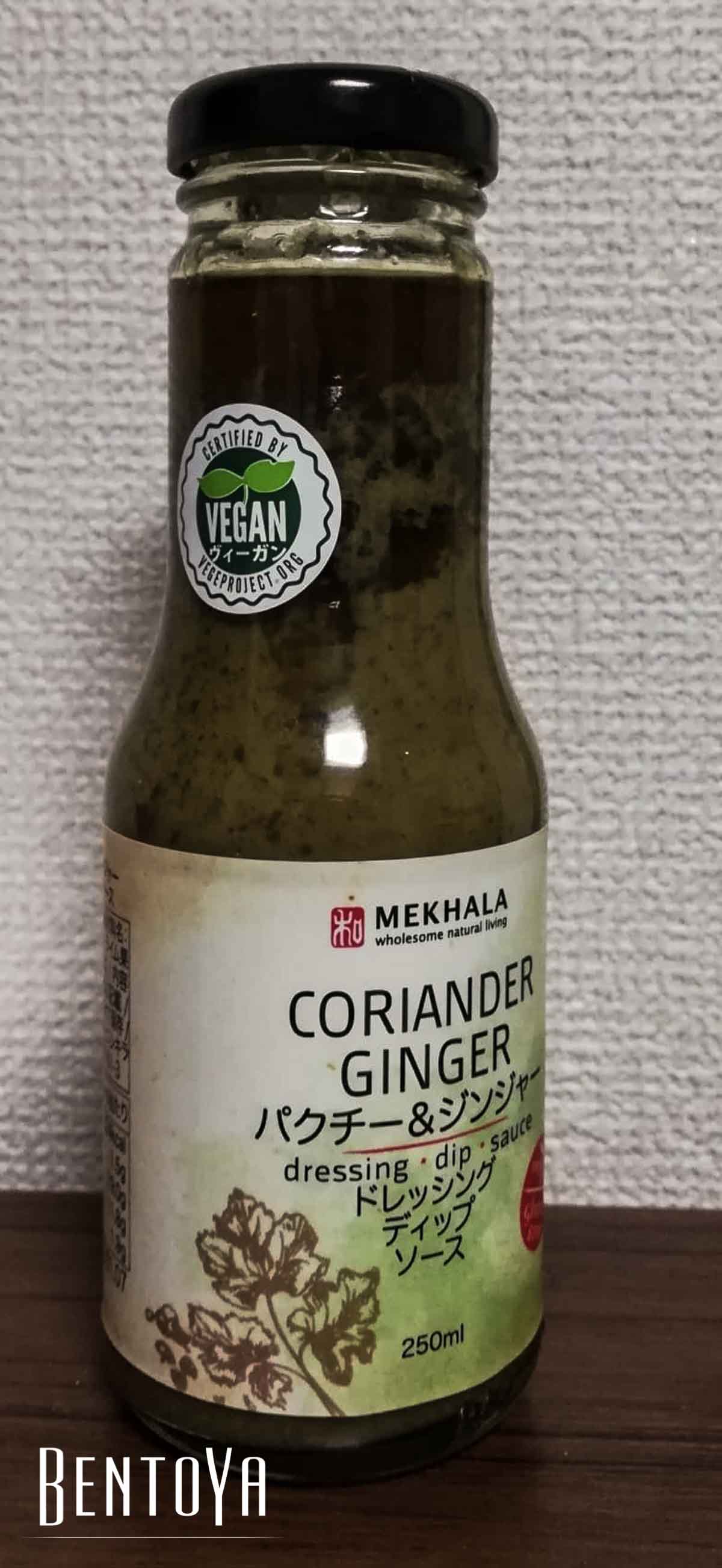

View this post on Instagram A post shared by Vegan Japanese Cooking Class (@bentoyacooking)
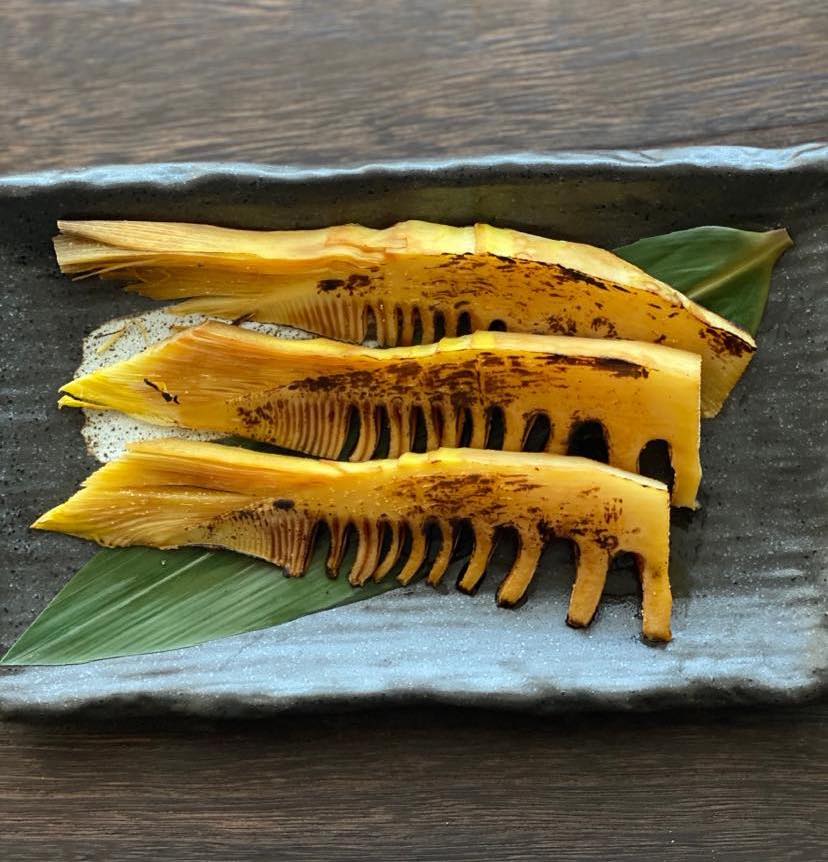
In Japan, the vegetable and fruit selection changes with the seasons. Seasonal vegetables are often budget-friendly and a great way to add variation to your cooking.
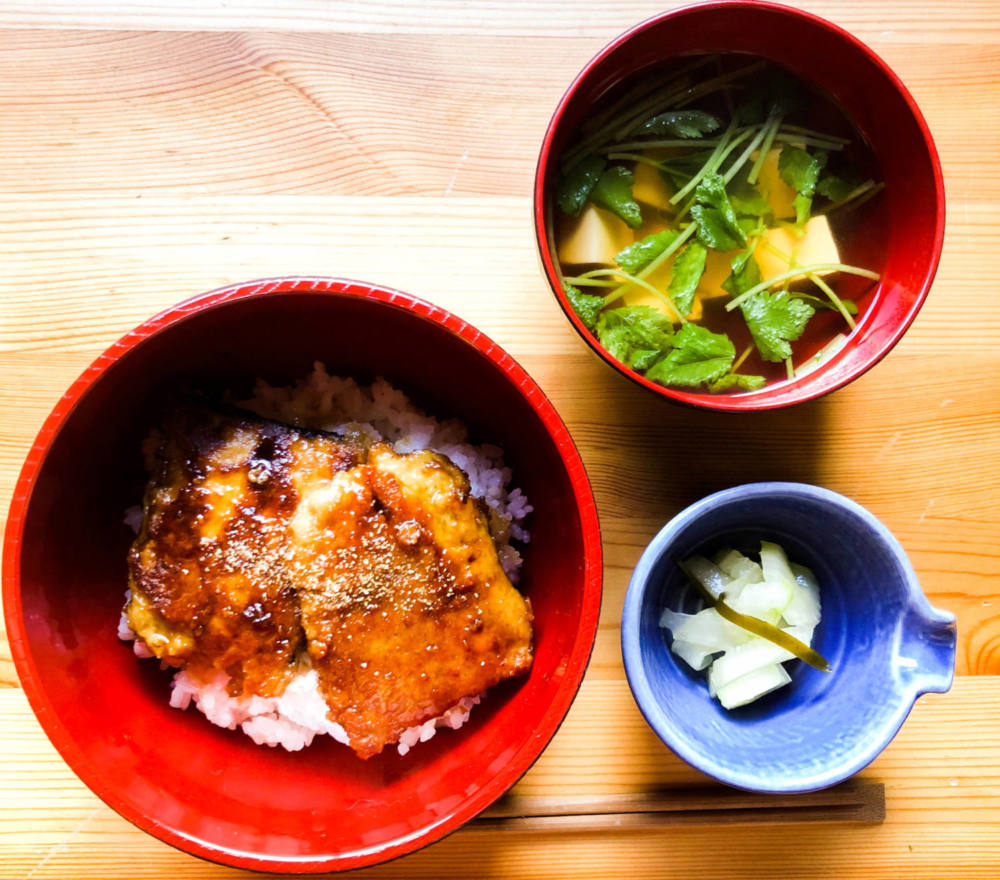
Modoki ryori refers to food which uses plant-based ingredients to mimic the appearance, taste and texture of meat dishes. This type of dishes are common in shojin ryori and they have also achieved a certain mainstream popularity due to the health factor of eating vegetable-rich meals.
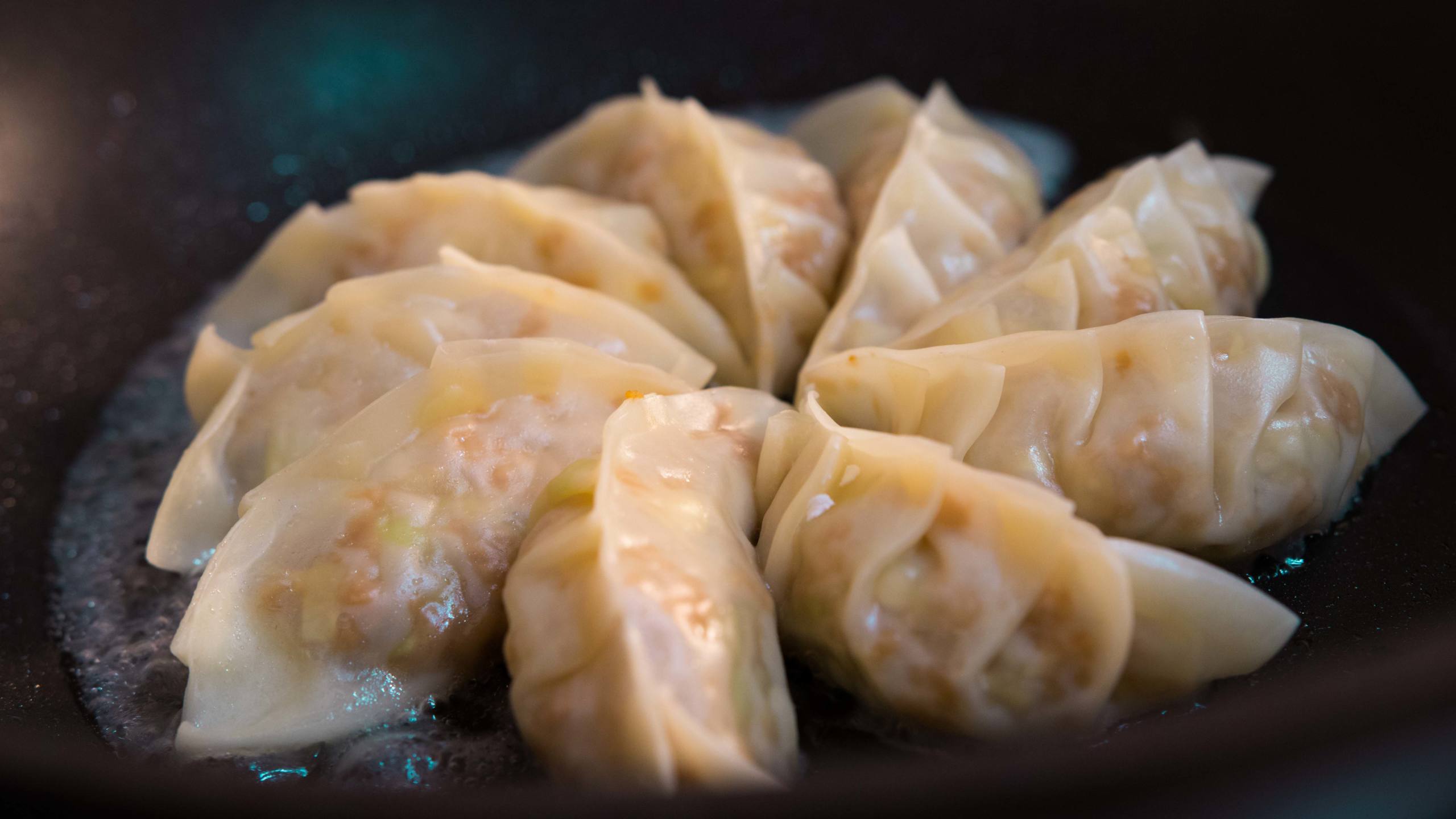
Chuka ryori (中華料理) refers to Japanese-Chinese dishes which originate from China, but have been adjusted to fit the style and taste of the Japanese palette. Dishes that belong to this group are for example ramen, gyoza and harumaki.
Sign up to our newsletter and get our latest recipes, cooking related content & offers delivered right to your mailbox!